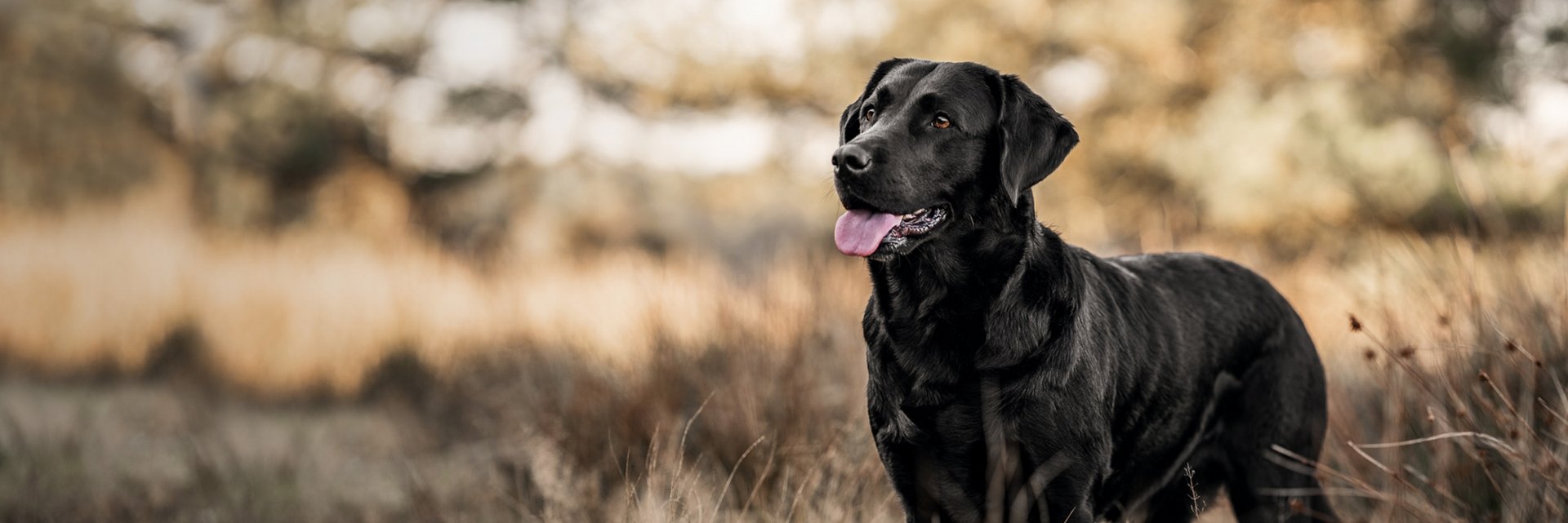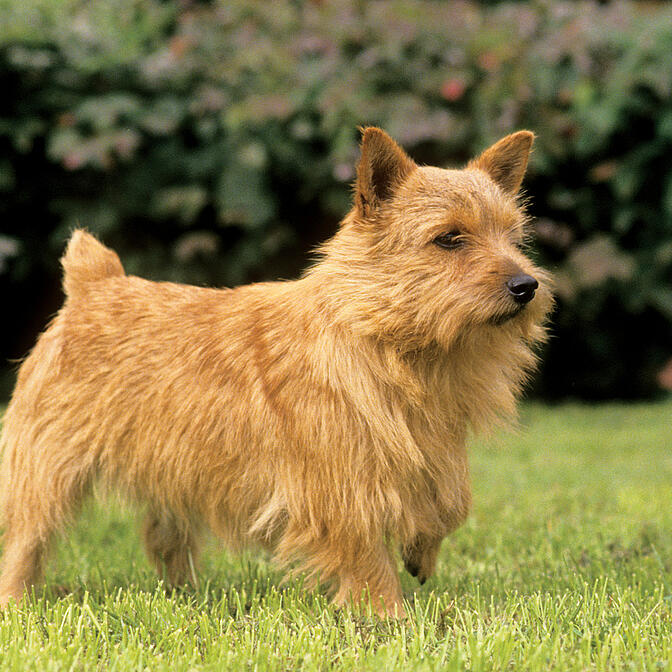Find the Right Breed of Dog for You
Dive into over 300 breed in our all inclusive online resource


Norwich Terrier
Small Breed
The Norwich Terrier is a happy little breed of dog which shows no nervousness despite its small size. Happy to play, they are quick thinkers and love to do new and different things so they don't become bored.
Breed standards
Country of origin
Great Britain
Weight
5kg / 10lbs (standards may vary)
Height
25-26cm / 10in (standards may vary)
Coat
Straight, hard and wiry, with slightly longer and rougher hair on the neck
Markings
Any shade of red, wheaten, black, tan and grizzle. May have white marks or patches.
Lifespan
Average, 10-12 years
The Norwich Terrier's lovable personality makes it an excellent companion, and its capacity to get on with everyone makes it an ideal family pet.
Temperament
The Norwich Terrier, despite being a fearless little dog, is not argumentative. Its loving disposition ensures that all who come across it are sure to leave its company smiling and with a happy impression of it. They are an intelligent breed that can become bored and restless if left alone for a long time without stimulation. Excellent with children and willing to play with anyone at any time, especially if toys are involved.
-
PoorChildrenGood
-
VeryCombativenessNot very
-
VeryDominanceNot very
-
Not veryFriendlinessGood
-
Not veryIndependenceVery
-
LoudNoiseQuiet
-
Not veryTrainabilityVery
Good to know
The small Norwich Terrier is one of the smallest terriers in the world. With its distinctive look, it is easily recognisable.
- Its fantastic temperament makes it an excellent family pet and it is good with children
- A very intelligent breed
- A good breed for novice owners
- Adapts well to most climates
- Very light shedder
- Is happy without a yard
- Needs regular grooming as well as skilled trimming and stripping
- Fairly active indoors
- Requires sufficient exercise
- Can be prone to back problems and to some genetic eye disorders